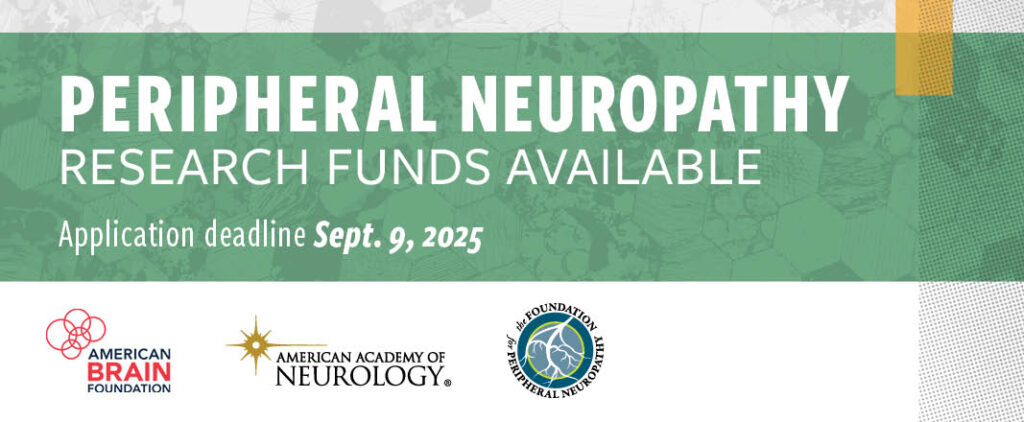eNews March 2025

Protect PN research from proposed funding cuts
Proposed cuts to federal research funding threaten critical studies across many conditions, including neuropathy. Research funding, which totals billions annually, supports essential work on nerve regeneration, pain management, and new treatments for PN.
As soon as today, the House will be voting on a continuing resolution to fund government programs through the end of fiscal year 2025. Unfortunately, the legislation cuts FY25 funding for the Department of Defense’s Congressionally Directed Medical Research Program (CDMRP) from $1.509 billion to $650 million – a 57 percent cut from the FY24 enacted level.
This is not a “clean” continuing resolution; however, cuts of this magnitude would significantly disrupt research into new therapeutics for diseases and disorders that impact our patients.
Our Foundation is closely monitoring this situation and will continue to do everything we can to stop these cuts. We urge you to act now: contact your local representatives and advocate for continued research funding at all levels. Together, we can ensure that progress in neuropathy research remains a priority.

A sugar solution: A journey to find relief
In this patient spotlight, Amy shares her journey of discovering the connection between sugar and her symptoms, which led to relief. Learn how eliminating processed sugar from her diet helped Amy manage her peripheral neuropathy and find greater comfort.

FPN webinar: Emerging options for neuropathic pain management
Don’t miss this insightful webinar on Wednesday, April 9 featuring guest presenter Alexander Chamessian, MD, PhD, on neuropathic pain management. Explore advanced neuromodulation techniques like spinal cord stimulation, dorsal root ganglia stimulation, and peripheral nerve stimulation, along with other treatment options. Learn about future therapies and get answers during the live Q&A session.

Could peripheral neuropathy be stopped before it starts?
New research suggests that immune cells, specifically macrophages, may play a protective role in preventing the onset of peripheral neuropathy in type 2 diabetes. This insight could lead to strategies that harness or enhance these immune responses to slow or prevent nerve damage associated with the condition.

Anti-MAG neuropathy at-home research opportunity
Those diagnosed with anti-MAG neuropathy are needed to participate in a research study from home. To learn more or sign up, visit https://sanguinebio.com/condition/anti-mag/?campaign=tpnf or call 617-397-3750 to speak with a research coordinator and see if you qualify.





